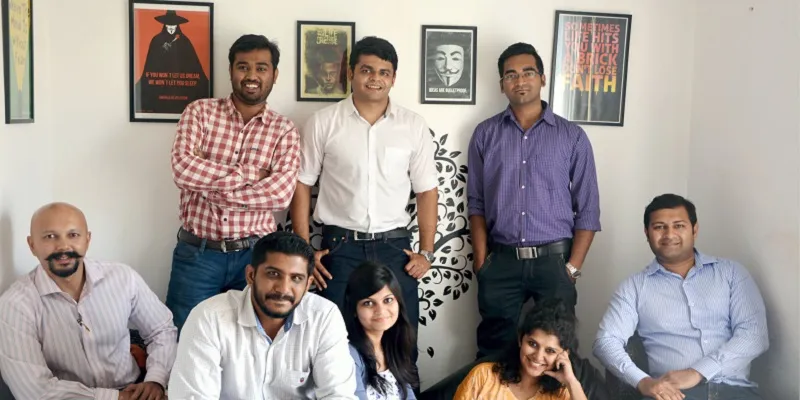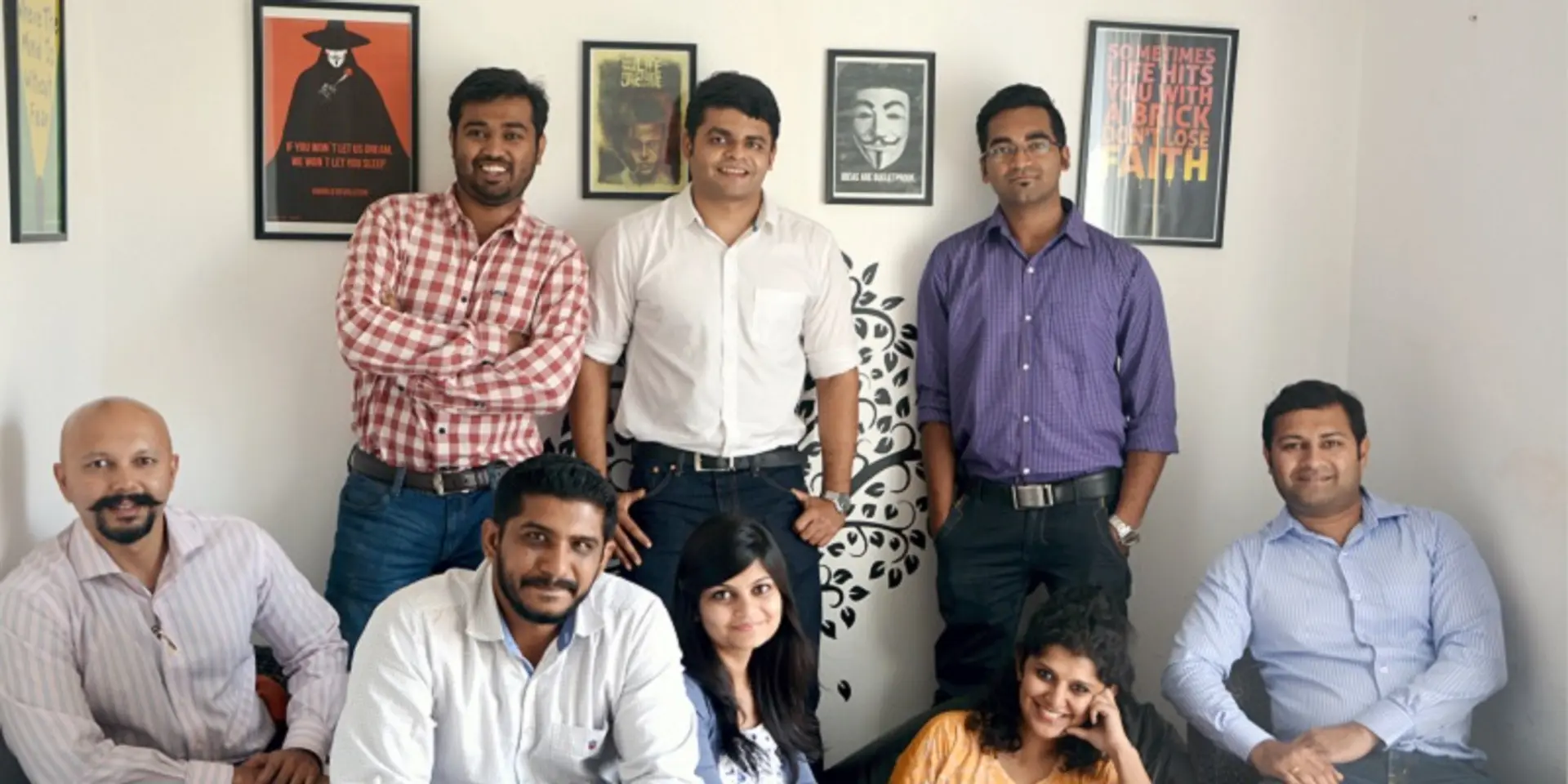How this food delivery startup pivoted through three different models before getting its recipe right
All the food delivery and food startups today seem to be working towards solving one problem – creating an every-day food solution. The growing number of young working professionals and migrant population makes the need to pursue this business idea that much stronger.
From players like Swiggy which focus on delivery, Zomato, which is big in the discovery game, or Internet restaurants like Yumist, FreshMenu and InnerChef, different food solutions are being offered to the end consumer.
Joining this slew is Cookaroo, but with a slight difference: it intends to replace kitchens at home and caterers in office. Working as food delivery startup, the team at Cookaroo claims to not only redefine consumer experience but also address the problems that exist on the supply chain side.

Finding a fascinating problem
A good percentage of commercial kitchens are capable of producing large quantity of quality food on an everyday basis. These kitchens are underutilised due to uneven demand. Their capital-intensive setup is not completely utilised due to lean weekday revenues, says 26-year-old Darshan Subash, Founder and CEO, Cookaroo.
Cookaroo identifies commercial kitchens at various premium restaurants and works with them to efficiently utilise their kitchen capacity to provide good quality food consistently, in a standardised and convenient way. The three co-founders Darshan, Eraj Hassan and Nikhil Karanjkar are good friends and were batchmates at IIM Indore.
Cookaroo competes with players like Swiggy, which is deeply funded and has a larger presence across the country. Apart from that, even Zomato has ventured into the space and has longer and deeper associations with restaurateurs and hoteliers.
While most food tech and food delivery startups in the segment are considered to be habit-forming companies, there are several questions raised on cost of customer acquisition and unit economics. The first quarter of the year already saw 10 deals in the segment, with the two big deals of FreshMenu Series-A funding and Series-C funding of $35 million by Swiggy.
Third-time lucky
Nevertheless, inspite of having no experience in the food industry, the trio decided to explore this space because they found this market to be the largest and the problem to be quite challenging. However, the trio didn’t come up with the idea of Cookaroo on the first go. Cookaroo has pivoted twice in the past year-and-a-half, keeping in mind the fundamental unit economics.
Cookaroo first started with the home-chef aggregation model and ran it for two months before shutting it down. They quickly realised the constraints of achieving scale, maintaining hygiene and quality control with that model.
They then flirted with the idea of an Internet-first restaurant model. But since the type of food they wanted to produce was not fast-food, the team wondered about the feasibility of replicating it across different areas in Bengaluru and then other cities. “The heavy capital investments that went into each unit (the kitchen space, equipment, licenses etc.) and the massive overheads associated with each unit also made us uncomfortable,” adds Darshan.
Finding the right partners
Then Cookaroo went for the food delivery model to work with commercial kitchens and caterers. They found one such restaurateur through personal contacts with a hotel on Nrupatunga Road. He had a massive kitchen setup which could produce 5,000 meals a day if run to its full capacity.
When the team approached him, he told them that he had one unique problem. During the weekdays the restauranteur’s kitchen would run at 20 percent capacity on an average. Cookaroo’s proposition to him was that they utilise his kitchens and labour to produce food according to their standards and yours will be the only kitchen they will use for an area of 4.5 kms radius.
While the team had decided on the model, they were yet to overcome a few challenges, beginning with winning the trust of the restaurateurs, and building a logistics model, where they work with other companies on a shared logistics resource concept. “Our proprietary scheduling and assignment algorithms ensure that each delivery boy is utilised optimally and to the fullest,” adds Darshan.
The team claims to have a gross margin of 21.5 percent and processes close to 200 orders in a day with over 15 setups in different parts of Bengaluru. Cookaroo raised angel funding a month ago from Vijay Krishna Yadav of Highland Hospitalities, and Sachindra Murugesh, who was previously heading PressPlay Events and now a VP of Business Development at Cookaroo.
“In the coming months, Cookaroo plans to expand to different parts of Bengaluru and many other prominent IT corridors in the city. By April 2016, Cookaroo will also launch operations in Hyderabad,” adds Darshan.







